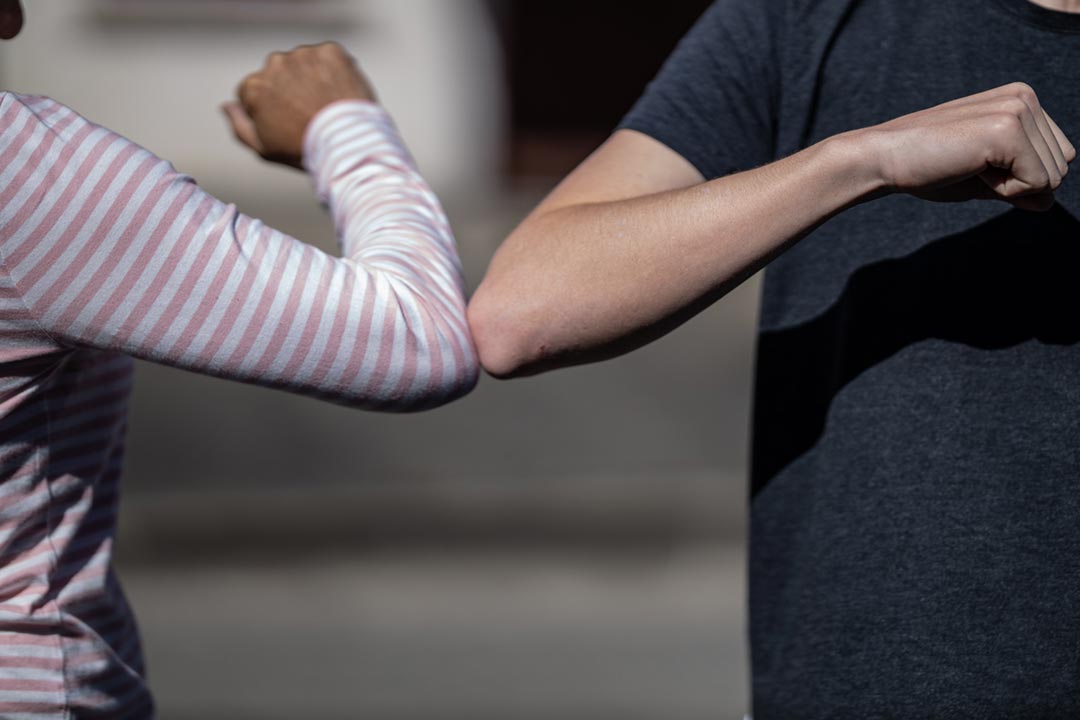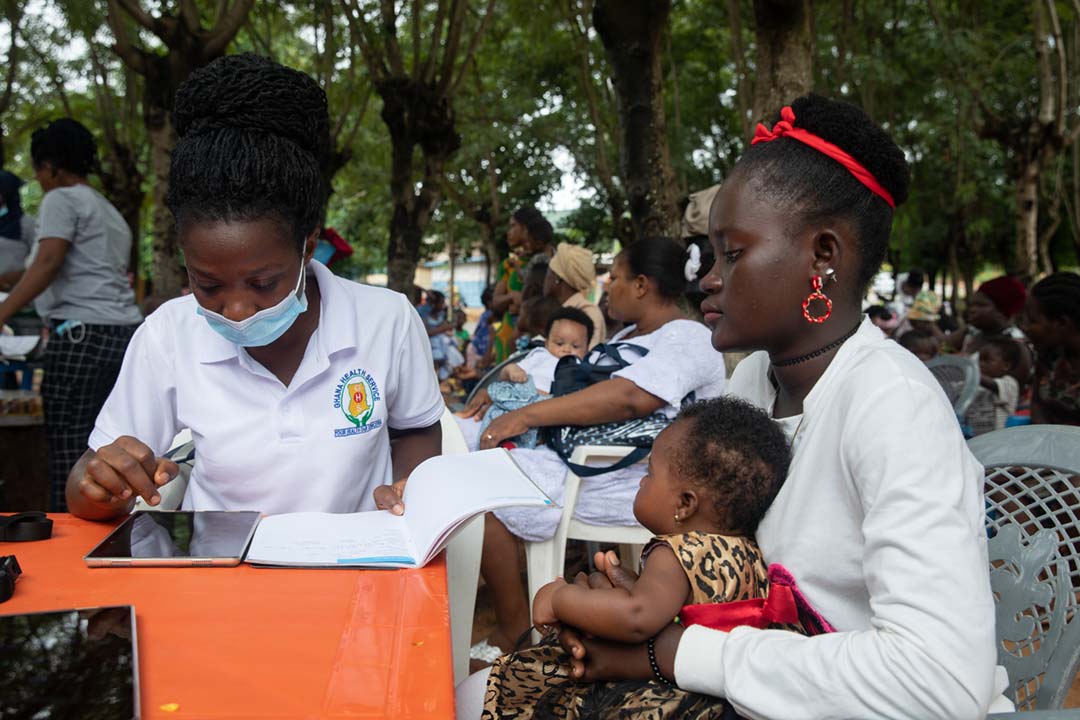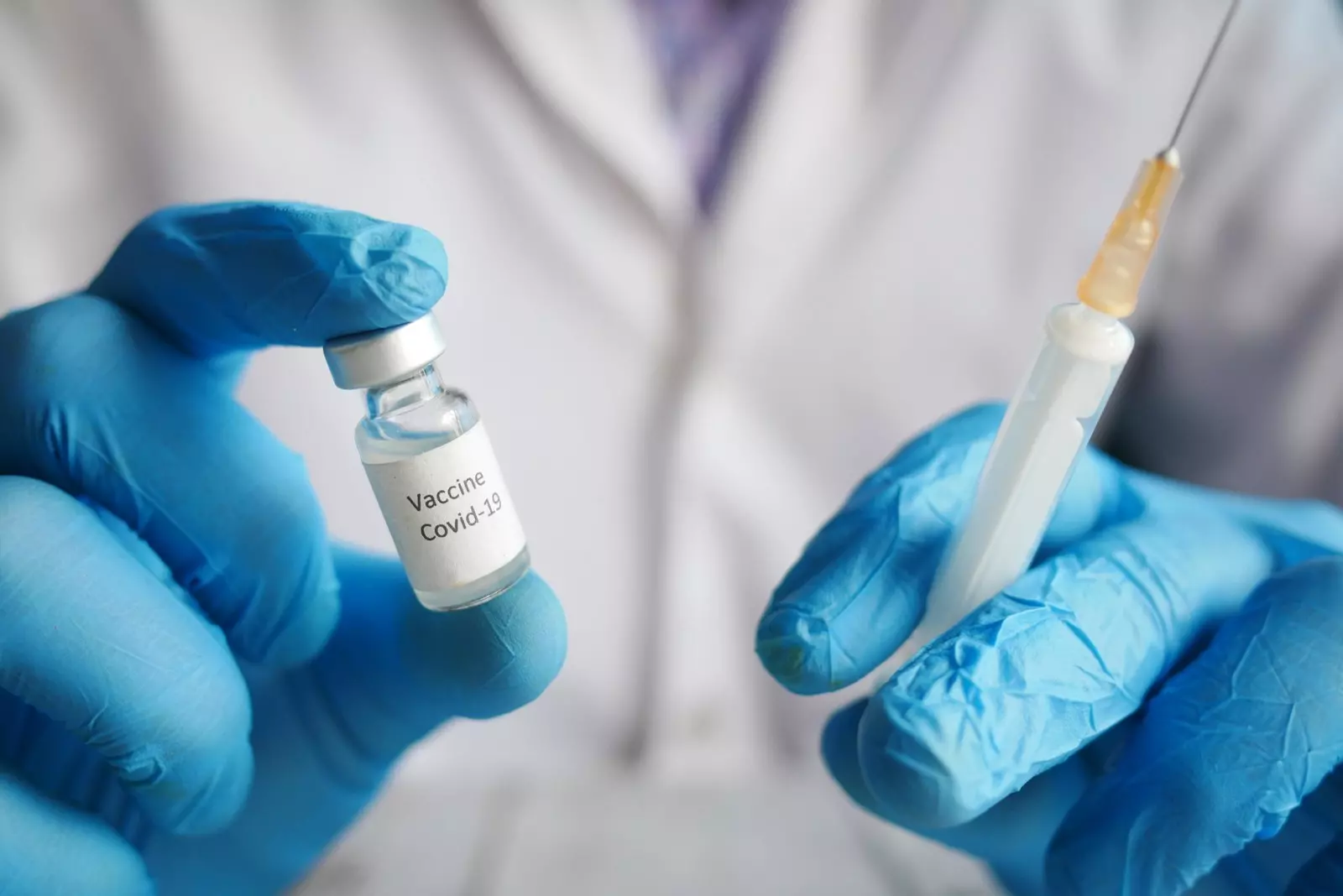The gateway to all vital health interventions
A progressive universalism approach to health care would prioritise immunisations for children, offering the fastest and most effective way to cover lost ground in global public health – and helping to bring universal health coverage within reach.
- 14 October 2022
- 6 min read
- by Dr Seth Berkley

It is now well established that Covid-19 has widened the global health equity gaps that existed even before the pandemic, pushing the Sustainable Development Goals wildly off track. But although Covid-19 remains an ongoing concern, we were already off track before the pandemic. In terms of challenges to the SDGs, Covid-19 is more a taste of things to come, and just one of many global trends that now threaten to make it increasingly difficult to achieve global goals – including Health For All – by 2030. In the face of what will likely be an increasingly uphill struggle, it will now take unprecedented financing, political support and prioritisation to get back on track.
“By focusing resources and efforts on solutions that are most cost-effective and beneficial to the poorest and most vulnerable communities, even the most cash-strapped government can start to build on this to make other health services available too”
Consider the context. Even as Covid-19 continues to spread, research suggests that the probability of us experiencing another pandemic with the same kind of impact is increasing by 2% each year. Similarly, every year now climate change, migration, conflict and food insecurity continue to leave hundreds of millions more people displaced, vulnerable and at risk. The implications of all this for public health are dire, which is why it is so important now not only to reverse the backslides we have seen, but to also gain ground as quickly as possible. And one way, and perhaps the best way, to do this is to prioritise vaccine equity.
Those left behind
The ultimate vision of Health For All means reaching a point where every country is able to provide access to affordable, quality health care to every person, everywhere, regardless of their social and financial status. In practice, the biggest barrier to achieving universal health coverage by 2030 will be reaching those people who have been left behind, the vast majority of whom live in the most marginalised communities in middle- and low-income countries where resources are often already limited, even more so thanks to Covid-19. That will take domestic and international investment in public health across the board to ensure that everyone, everywhere has – at the very least – access to stronger and more resilient primary health care. And routine immunisation has by far the greatest potential to make sure this occurs where the impact is the greatest, namely among missed communities.
That’s because the challenge, as we have seen with Covid-19, is that the last to be reached are often the hardest to reach. These are also the communities with the most to gain, and routine immunisation can help because it is an enabler. As the most efficient and cost-effective healthcare intervention, with the greatest reach and secure health outcomes, immunisation is often a gateway to other vital health interventions, helping to strengthen primary health care and bring us closer to universal health coverage in the process.
Have you read?
If a child misses out on routine vaccines, then the chances are that that child, their family and community are also not getting access to other forms of primary health care. But once a community gets access to vaccinations, it brings with it an entire service delivery infrastructure, including supply chains, cold storage, trained healthcare workers, data systems and surveillance, all of which help to improve access to other critical health interventions, from nutritional supplements and deworming to malaria prevention and maternal care.
Reaching zero-dose children
That is why Gavi’s mission to halve the number of zero-dose children – those who do not receive even a single dose of a basic vaccine – by 2030 is so critical to the success of the SDGs. These children are the face of extreme poverty and missed communities, too often with limited access to both health and non-health services such as education, water and sanitation.
By redoubling our efforts to reach more zero-dose children, we help protect the most vulnerable children in the world from infectious disease. Plus it serves as an opportunity to build stronger and more resilient primary health care, arguably where it counts the most. And in the process, it also helps to improve pandemic preparedness. Local communities often have a better understanding of what they need the most, and when empowered with better health, knowledge and support, they are best positioned to design and implement preparedness interventions that address their specific health needs and challenges.
However, given the enormous toll that Covid-19 has placed on immunisation services in low-income countries, increasing immunisation coverage will not be easy. In 2021, the percentage of children receiving routine immunisation in the 57 low-income countries that Gavi supports had fallen to 77%, a drop of five percentage points since before the pandemic. Similarly, the number of zero-dose children in these countries rose for the second consecutive year to 12.5 million. That is a lot of ground to make up, let alone improve upon.
For low-income countries, many of which have even more limited resources than before the pandemic and many competing priorities, the goal of attempting to provide all health services to everyone may simply be too much. However, by focusing resources and efforts on those solutions that are most cost-effective and most beneficial to the poorest and most vulnerable communities, even the most cash-strapped government can start to build on this to make other health services available too.
Routine immunisation is just such a solution. It is already the most widely available health intervention in the world, but through this approach, known as progressive universalism, it can help to improve and accelerate access to stronger, more resilient primary health services to the communities most in need, bringing us closer to universal health coverage and Health For All. And in the process, everyone benefits, because it also helps to build resilient societies.
So, while it remains imperative that we continue to work towards achieving equity with Covid-19 vaccines, we also urgently need to restore and expand routine immunisation. That does not mean it should be our only focus. There is also an urgent need for investment in the healthcare workforce in many of the worst affected countries, without which immunisation programmes cannot operate, not to mention disease surveillance and many other areas that need political support and funding. But with an increasingly challenging global health landscape, taking a progressive universalism approach, by prioritising zero-dose children, offers the fastest and most effective way to simultaneously make up lost ground and have the biggest impact, by making sure that no one is left behind.
Website
This article was originally published in Health: A Political Choice – Investing in Health For All








